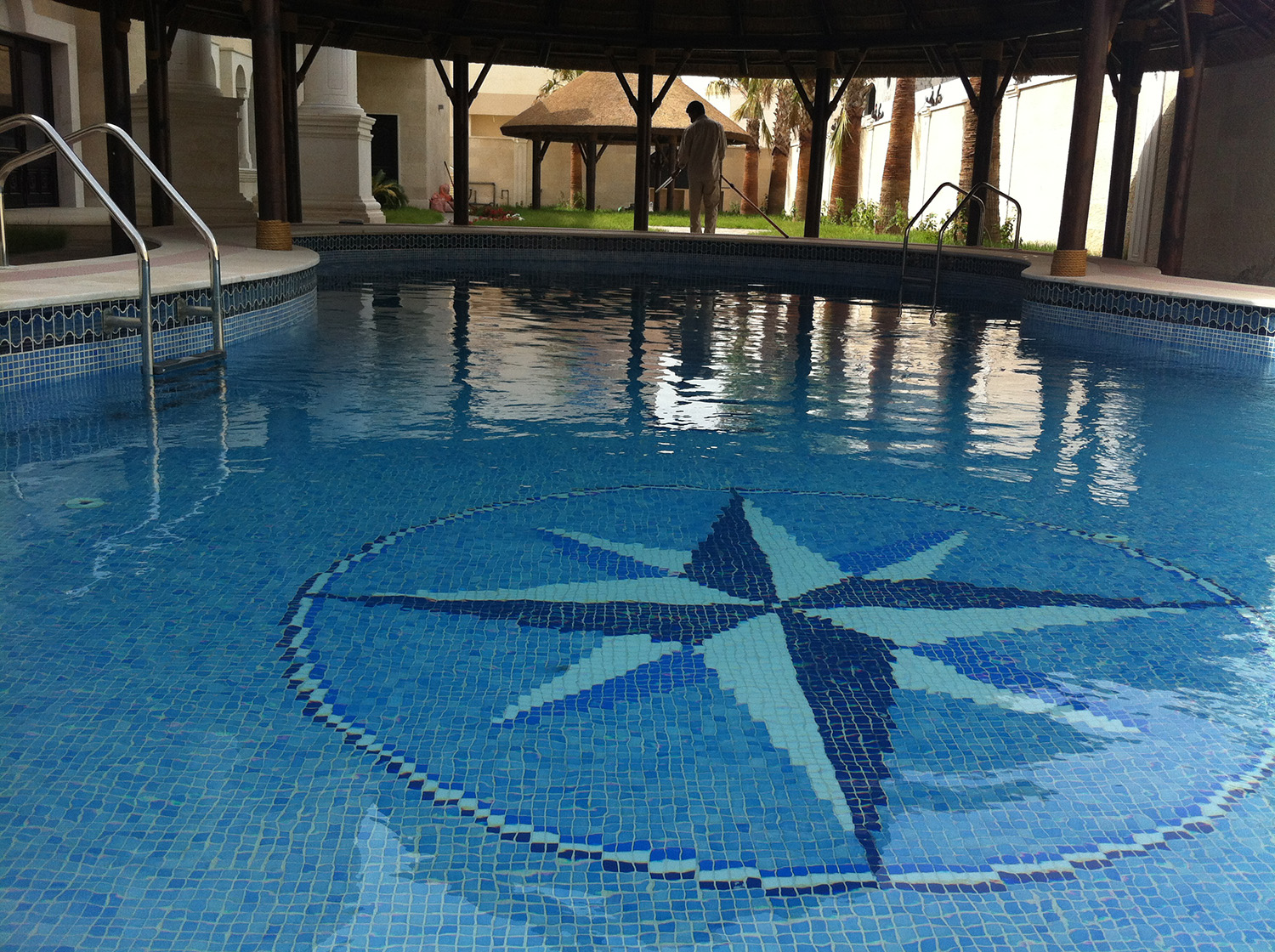Keep the optimum temperature of your pool
In fact, the temperatures rise to such extents some time that the pool becomes nearly unusable at times.
Keep your pool temperatures under control this summer with pool heaters.
Have you heard about swimming pool heaters?
Well, don’t let the name confuse you. Swimming pool heaters don’t just heat the pool’s water during winter months. Most swimming pool heating pumps have a reverse cycle mechanism which cools the temperatures of the pool water as well. It allows the pool water to remain at a certain temperature throughout the year.
How do these pumps work?
Swimming pool heat pumps work in a similar fashion to air conditioners. Just as the HVAC pumps in air conditioners draw in warm air from the environment, circulate it and return cooler air to the atmosphere, similarly swimming pool heat pumps draw in the warm water from the pool and give out cooler water.
Most heat pumps in swimming pools come with a variety of features and properties that are different for different models. In this case, a little research can go a long way in choosing the correct heat pump model for your swimming pool.
How to maintain these swimming pool heaters
These swimming pool heaters require regular maintenance to sustain themselves. Scheduled maintenance and certain preventive measures can help your heat pump to remain active for a longer period of time.
You can also follow certain steps to ensure that your pool heater is working correctly.
Check the manual to see whether or not all the parts of the heater are assembled in the right order. The sensors on a pool heater can break down sometimes, so you need to keep an eye on them. To check the correctness of the heater’s reading, use a water safe thermometer to see whether the temperature on the thermometer is equal to the reading on the heater. If the readings don’t match, then it is a sign that your pool heater is malfunctioning.
Make sure that the filter is free from all sorts of debris because they can interfere with the functioning of the pool heater. If the overheating problem persists, then you will have to change the pool heater and invest in a chiller or pool cooler. In fact, you can invest in a heater with a chiller, which will cool your swimming pool water
Swimming pool heaters will also help if you keep your pool covered when there is an ongoing heat wave. This will prevent an excess of pressure on your pool chiller, and enable it to function better under such harsh weather conditions

